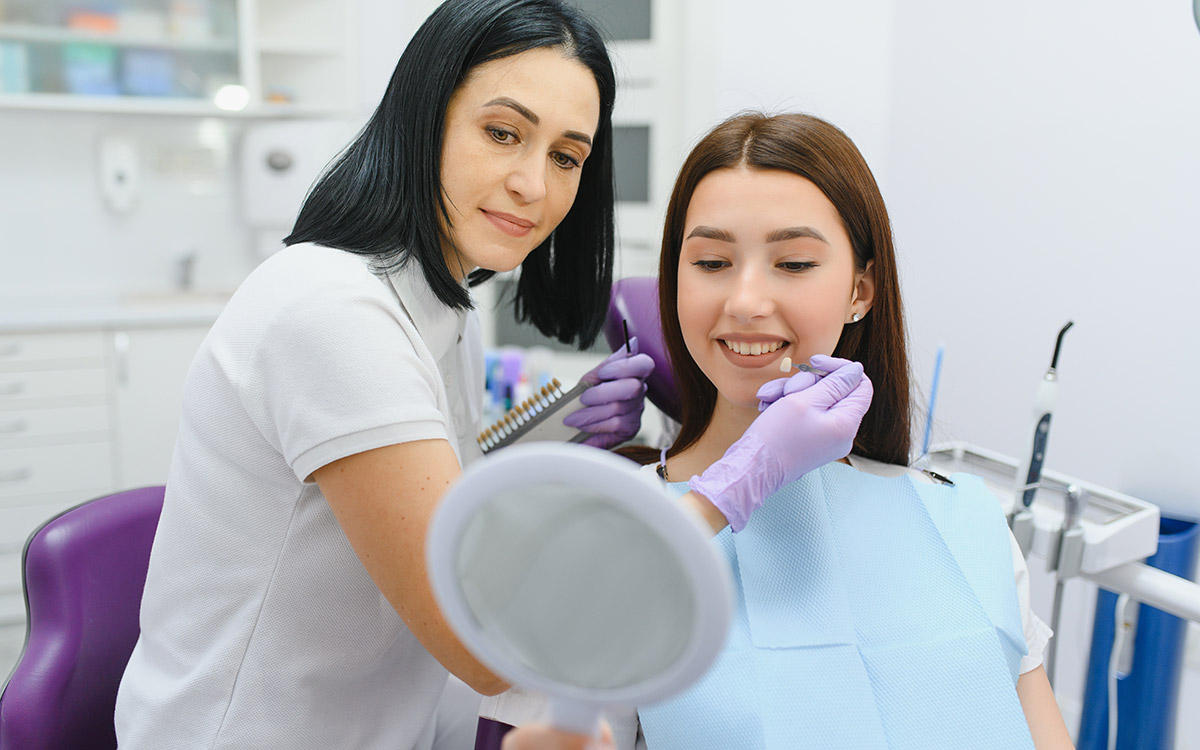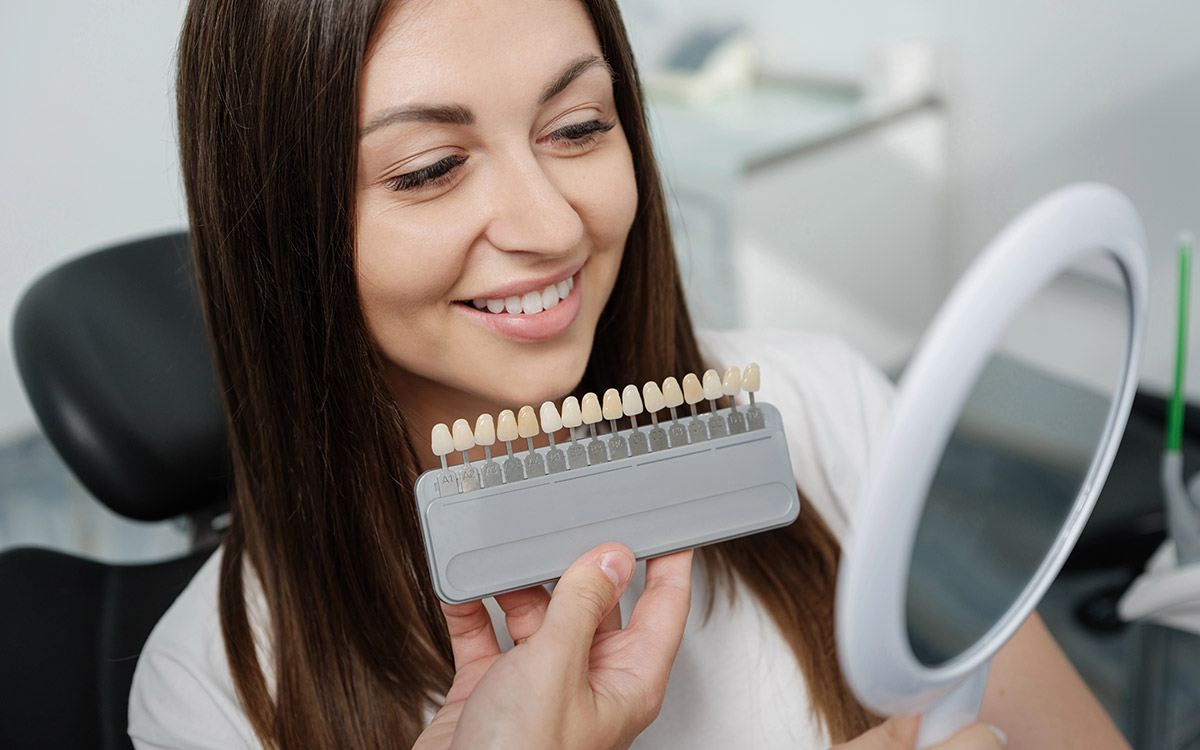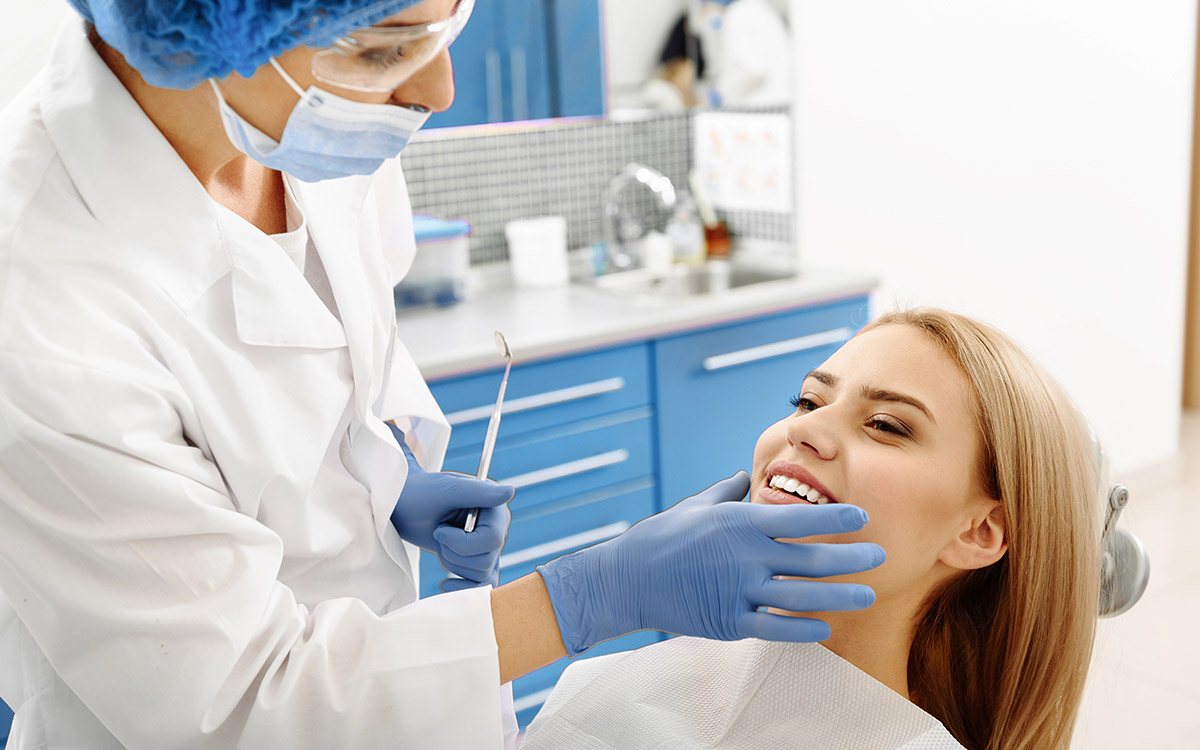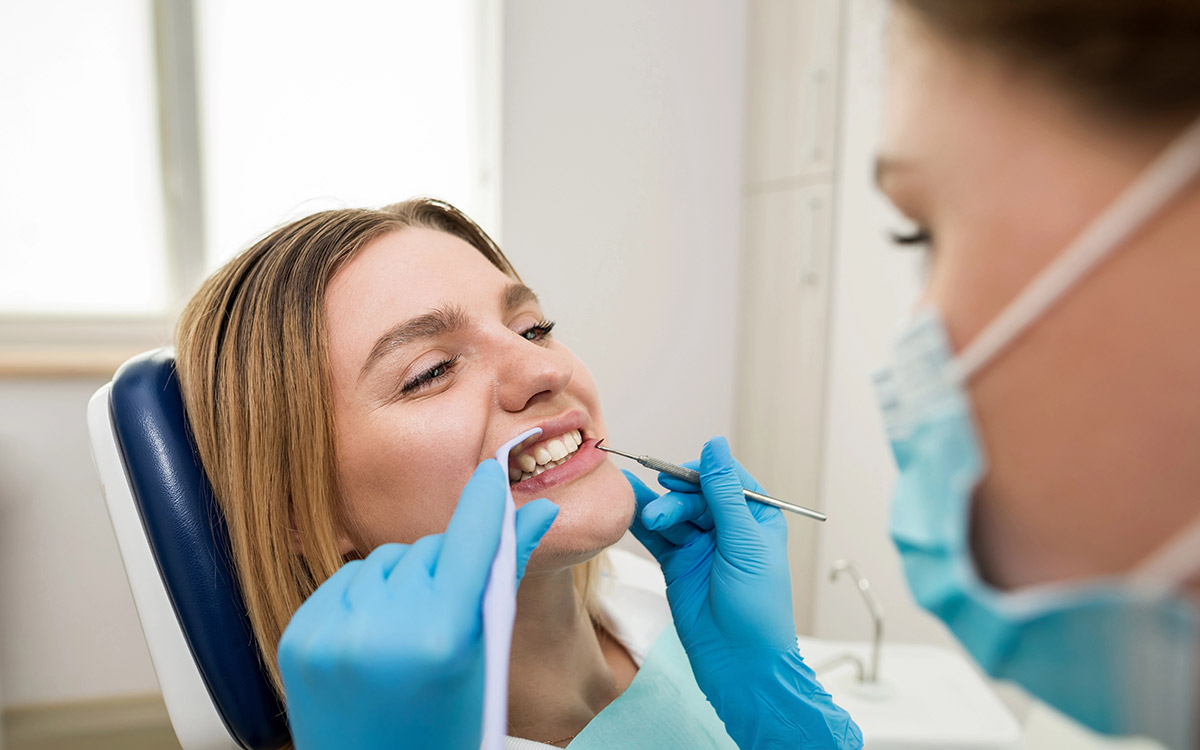Following a dental implant procedure, it is best to refrain from excessive alcohol consumption.
Consuming too much alcohol can greatly affect your health. This includes putting your dental implant at risk of avascular necrosis (AVN). Abstaining gives your dental implant time to recover after a surgical procedure.
Also, your dental implant should not be affected if you drink occasionally and in moderation after getting your implants installed.
The guide below outlines the facts about alcohol and dental implants to ensure you stay safe and comfortable.
What Is Avascular Necrosis (AVN)
Avascular Necrosis is a condition where bones start to weaken and die as a result of either insufficient blood supply or congested blood arteries. Any ordeal that results in bone healing, including the placement of dental implants by a dentist, can induce AVN. Smokers are more prone to develop AVN because smoking affects the development of blood vessels.
It is believed that alcohol causes AVN because it averts your body from absorbing fat, leaving more fat in the blood. This fat blocks the tiny blood arteries in bone, starving it to death.
Why Is Alcohol Detrimental for Dental Implants?
Alcohol can affect your dental implant in several ways:
Alcohol dehydrates oral tissues
After dental implant surgery, most tissues in the mouth heal better and enable you to chew normally again with great speed. Since alcohol is a natural drying agent, it reduces saliva flow and causes your mouth to dry (a condition known as xerostomia).
This dries out delicate tissues and might slow healing, increasing discomfort and sensitivity.
If you already suffer from xerostomia, consuming alcohol may worsen the symptoms. You may experience a dry, sticky feeling in your mouth the following morning, which most call ‘cotton mouth.’
Unfortunately, dry mouth greatly increases your risk of developing dental decay. Be careful with your alcohol consumption, and rinse your mouth with water after because certain drugs can also induce xerostomia.
It can cause inflammation
Alcohol consumption, especially heavy drinking, can affect your mouth’s microbiome. This might cause your gums and teeth to be inflamed, which is not good for healing a dental implant.
Alcohol can cause pain after dental implants
Consumption of alcohol can also result in increased pain following a dental implant. Alcoholic beverages result in the dilation of capillaries in the gum, causing enhanced sensitivity.
Alcohol can cause problems with blood clotting
If you consider consuming alcohol after a dental implant beneficial, you need to rethink that.
Alcohol can bring about blood clotting issues. Plus, studies have revealed that alcoholic drinks completely hinder your body from healing injuries and wounds.
Alcohol can reduce mineral and vitamin absorption
Vitamins and minerals are essential to optimal body healing before and after surgery. The same nutrients hasten osseointegration as well (the process in which the jawbone grows around and into the dental implant, forming a strong anchor).
Excessive consumption of alcohol impairs the correct uptake and utilization of nutrients and should, therefore, be avoided.
Drinking Alcohol Right After Treatment
The first 72 hours following placement are when your dental implants are most susceptible to alcohol.
Alcohol can interfere with your body’s natural healing process. Your body must repair everything lost or damaged throughout the healing process, including blood vessels, collagen, skin, and bone cells.
Alcohol disrupts the signals that the body uses to repair. This, in turn, delays several parts of healing, particularly the formation of blood vessels. While new bone continues to grow, there aren’t enough new blood vessels to supply it, causing hunger and eventual death.
This risk is so immense that a single drink within 72 hours of recovery can result in AVN. It is, therefore, crucial to refrain from consuming alcohol after getting your implants.
Heavy Alcohol Consumption After Dental Implant
On the other hand, excessive alcohol consumption can result in a situation where the bone’s vascular tissue is already diminished, making it unable to supply new bone from the start. Additionally, excessive demands on insufficient blood supply can result in a more general collapse of the bone tissue.
So, how much alcohol compromises your jawbone? Well, there is little research specifically looking at alcohol and dental implants. We must, therefore, examine studies that estimate the likelihood of AVN in other contexts, such as the femoral head, where it occurs more often than in the jaw.
One study in the late 1980s suggests that any drinker has a slightly increased chance of developing AVN. However, the risk is moderate and may not be statistically significant if you drink no more than 400 mL of alcohol every week or 20 drinks.
This indicates that approximately 90% of Americans are likely to be unconcerned about the effects of alcohol use on their dental implants after the initial healing period. The menace might even be up to 15 times higher at the level of the top 10% of drinkers, though.
Even though the absolute danger may be low given the usual low risk, it can be sufficient for us to advise against implants.
The only way to accurately determine your risk is to let a dentist perform a thorough examination that will uncover all risk factors.
Aftercare Tips
Maintaining good dental hygiene is one of the most crucial aftercare tips. At the moment, a traditional toothbrush will go a long way to ensure your gums will not be troubled.
After installing your dental implants, scheduling regular visits to your dentist is highly recommended to ensure your implants are clean and in stable condition.
Final Thoughts
Following the above discussion, it is safe to conclude that excessive alcohol consumption severely affects dental implants. We, therefore, advise you to avoid alcoholic drinks as much as possible at the start of your healing process. But after the healing process, you can have a drink or two.
We hope this post has provided the best insights on alcohol and its effects on dental implants. We hope you can trust us for future dental treatments and healing journeys. Book an appointment today to determine dental implant eligibility, or address any dental health issues you may be facing.







